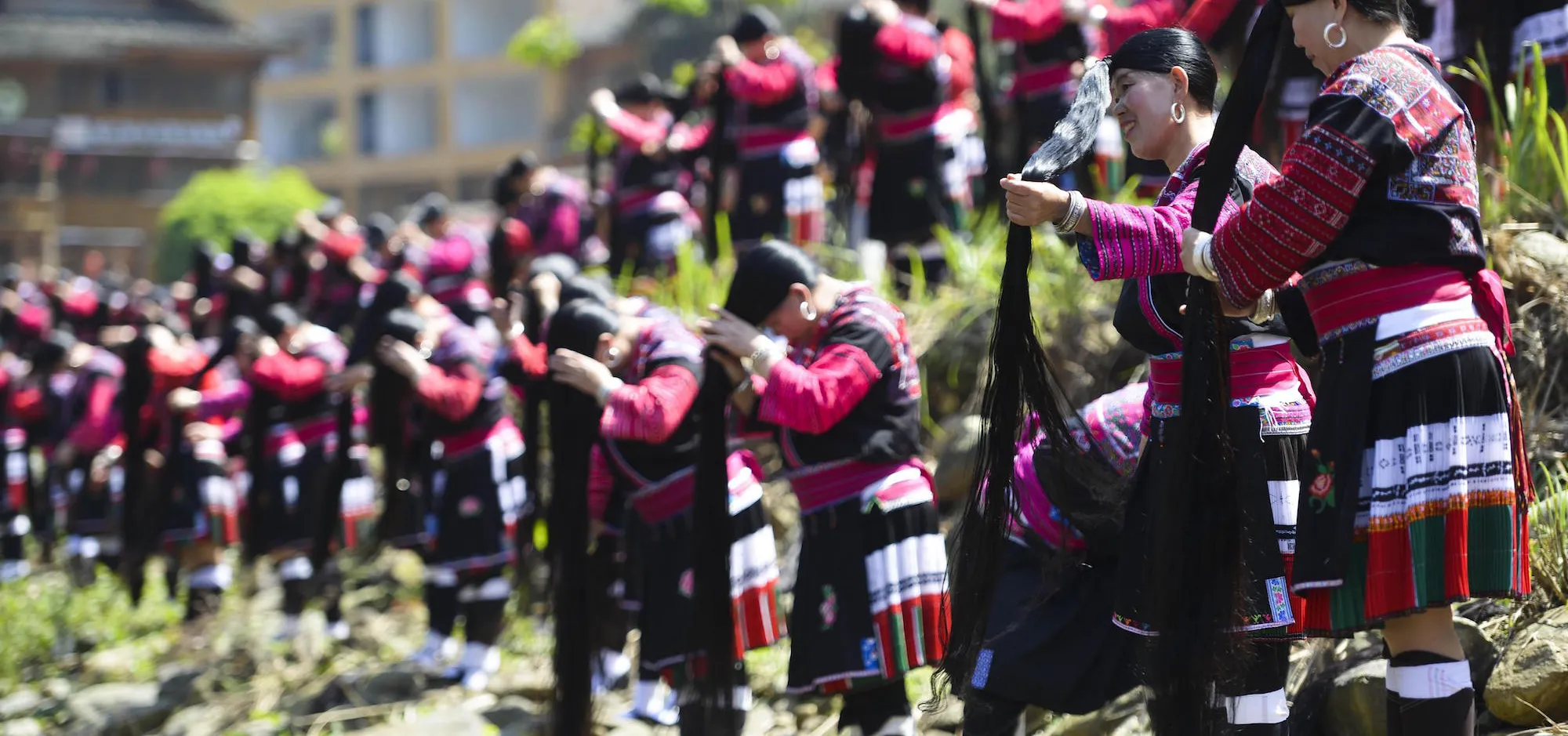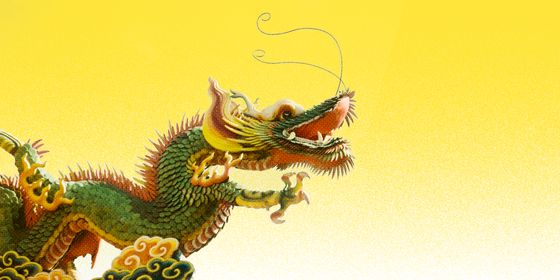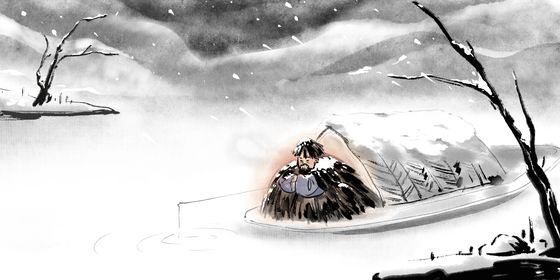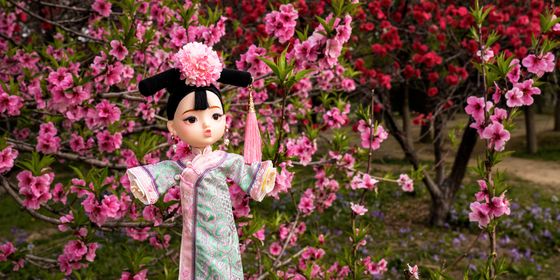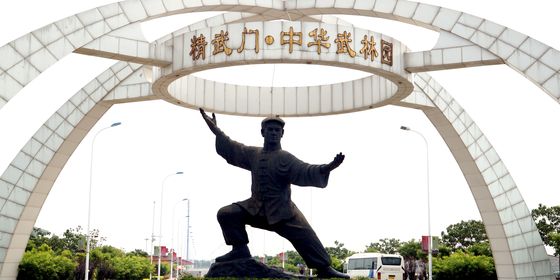Ancient idioms about hair
Hair has been an important part of identity, status, and fashion in China for centuries. Confucius once said: “Our body, hair and skin are given by our parents and we shouldn’t damage them lightly. That is the first step of filial piety. (身体发肤受之父母,不敢毁伤,孝之始也).” Though ancient people did on occasion cut their hair, they often kept it long, and would not make changes to it casually. Since then, hair styles have evolved from the queues of the Qing dynasty (1616 – 1911) to the relatively uniform cuts of the Mao era to an avenue for self-expression after the reform period—sometimes rebelliously, as with the dyed and spiky locks of Shamate culture in the last decade.
The importance of hair has led to many related idioms entering common parlance. Some can be used to describe one’s appearance and mood, while others are even relevant to one’s career and marriage.





